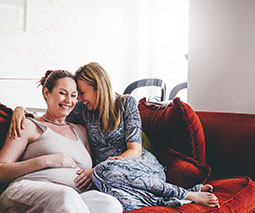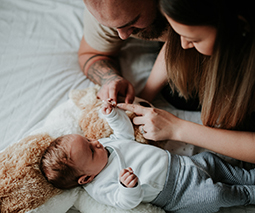Contraceptive pill linked to increased risk of depression, study finds

Women are at an increased risk of depression if they take the common contraceptive pill, a study has found.
And the Danish study reveals the risks are even greater for those using contraceptive skin patches, and the ring and coil options.
Researchers, led by Dr Øjvind Lidegaard, from the University of Copenhagen, published their findings in the journal, Jama Psychiatry.
Women in focus
Researchers used data from The Danish Sex Hormone Register Study, which is a nationwide cohort study involving all women living in Denmark.
The study uses the unique identification number given to each citizen at birth or citizenship for use in all of the country’s public registers.
From this, researchers were able to look at more than a million women aged 15 to 34 in Denmark. The researchers found those taking the most common type of contraceptive pill were 23 per cent more likely to be prescribed an antidepressant than those not.
Alarmingly, the risk was double that for women using contraceptive patches, which deliver a synthetic version of the hormone progesterone. The ring and coil options raised the risk even more.
The study found those most vulnerable were found to be teenage girls aged 15 to 19, with an 80 per cent greater chance of being prescribed antidepressants.
Researchers suggested the hormone progesterone could be part of the problem as it is already proven to have a negative affect on mood during the menstrual cycle.
Study excludes those already prone to depression
It is important to note women using antidepressants or diagnosed with depression before the study entry were excluded.
Similarly, pregnant women were temporarily censored up to six months after delivery to reduce the influence of postpartum depression.
Findings warrant future study
The journal concluded: “Use of hormonal contraceptives was associated with subsequent antidepressant use and first diagnosis of depression at a psychiatric hospital among women living in Denmark.
“Adolescents seemed more vulnerable to this risk than women 20 to 34 years old.
“Further studies are warranted to examine depression as a potential adverse effect of hormonal contraceptive use.”









